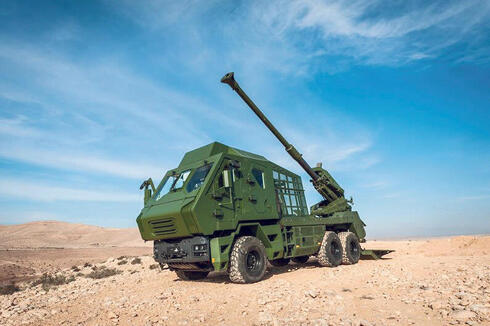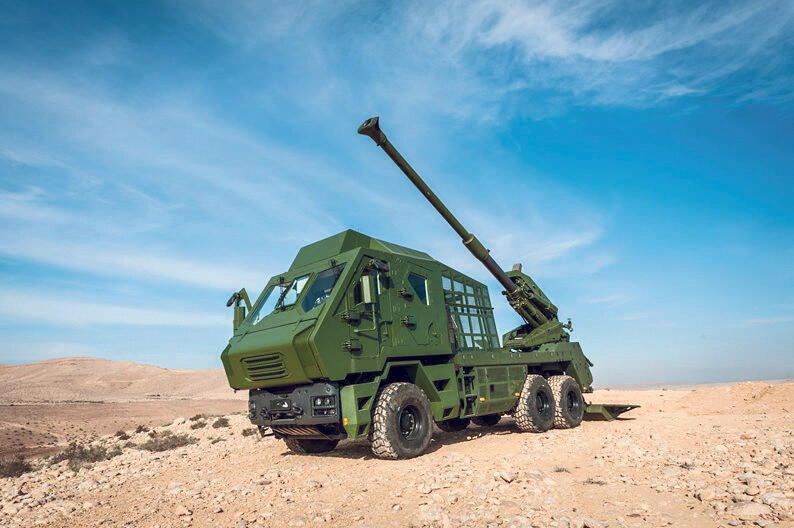
Could international backlash threaten future deals for Israel's defense giants?
The continuation of the war and the undermining of Israel's international status are harming the marketing operations of the defense industries
The escalating global criticism against Israel extends to its defense industries, despite their renowned expertise, especially in air defense systems.
Since the beginning of the fighting in Gaza, Brazilian President Luiz Inácio Lula da Silva has not spared harsh criticism of Israel, accusing it of "genocide" due to the actions of the IDF in Gaza and making unfounded and baseless claims that Israel allegedly murdered over 12 million Palestinian children. Despite the jarring statements to Israeli ears, last week the Brazilian army reported that it will purchase self-propelled guns from Israel's Elbit Systems as part of a deal whose scope is estimated at approximately $200 million and whose delivery will be spread over a period of approximately eight years.
Colombia, whose president Gustavo Petro last week declared the severance of diplomatic relations with Israel, is considered a long-time owner of Israeli weapons. In the 1980s, its air force was equipped with Kfir type fighter jets from the IAI, after they were taken out of operational service in the Israeli air force and underwent renewal and improvement processes.
About a year and a half ago, the Colombian Air Force signed a deal with IAI worth about $130 million for the purchase of Barak MX air defense missiles to upgrade its air defense system. The missiles and accompanying systems are scheduled for delivery to Colombia by 2026. At the same time, the Colombian army signed a deal with Elbit Systems for approximately $100 million to purchase self-propelled guns of the Atmos type, which are expected to be delivered by the end of the decade.
Defense officials say that even the severance of diplomatic relations by Colombia should not jeopardize the arms deals at hand. Israel can export defense products even to countries with which it does not have relations; the Colombians, for their part, have already paid advances on these transactions.
However, the continuation of the war and the undermining of Israel's international status are harming the marketing operations of the defense industries in preparation for obtaining future contracts. Next month, the prestigious Eurosatory arms exhibition will be held in Paris, France, and as Calcalist revealed last March, the French Ministry of Defense has imposed a series of restrictions on Israeli companies wishing to present their products there, requiring any weapons system presented by them to obtain a special permit.
Recently, a defense exhibition aimed at the South American market was held in Santiago, the capital of Chile, and Israeli companies' participation was prohibited by order of the local government. Senior officials in the market estimate that the hardening attitudes of countries towards defense companies are part of their pressure on Israel to end the war in Gaza and improve security stability in the Middle East. These pressures have manifested in recent months in stopping deliveries of components and raw materials necessary for defense industries as part of their production processes.
Against this background, procurement officials at defense companies were forced to change suppliers or obtain backups through contracts with several suppliers to guarantee the availability of certain components. Attempts are also being made to enable the production of some components within Israel to reduce dependence on foreign suppliers.
The suspension of Turkey's trade relations with Israel has no effect on Israel's defense industries, as their relations with the Turkish military unraveled following the Marmara crisis in 2010. Prior to that, the two countries had warm security relations that included joint training of their air forces and Turkey's procurement of products in Israel amounting to hundreds of millions of dollars. These transactions included the sale of intelligence gathering systems for fighter planes and the improvement of Turkish tanks.














